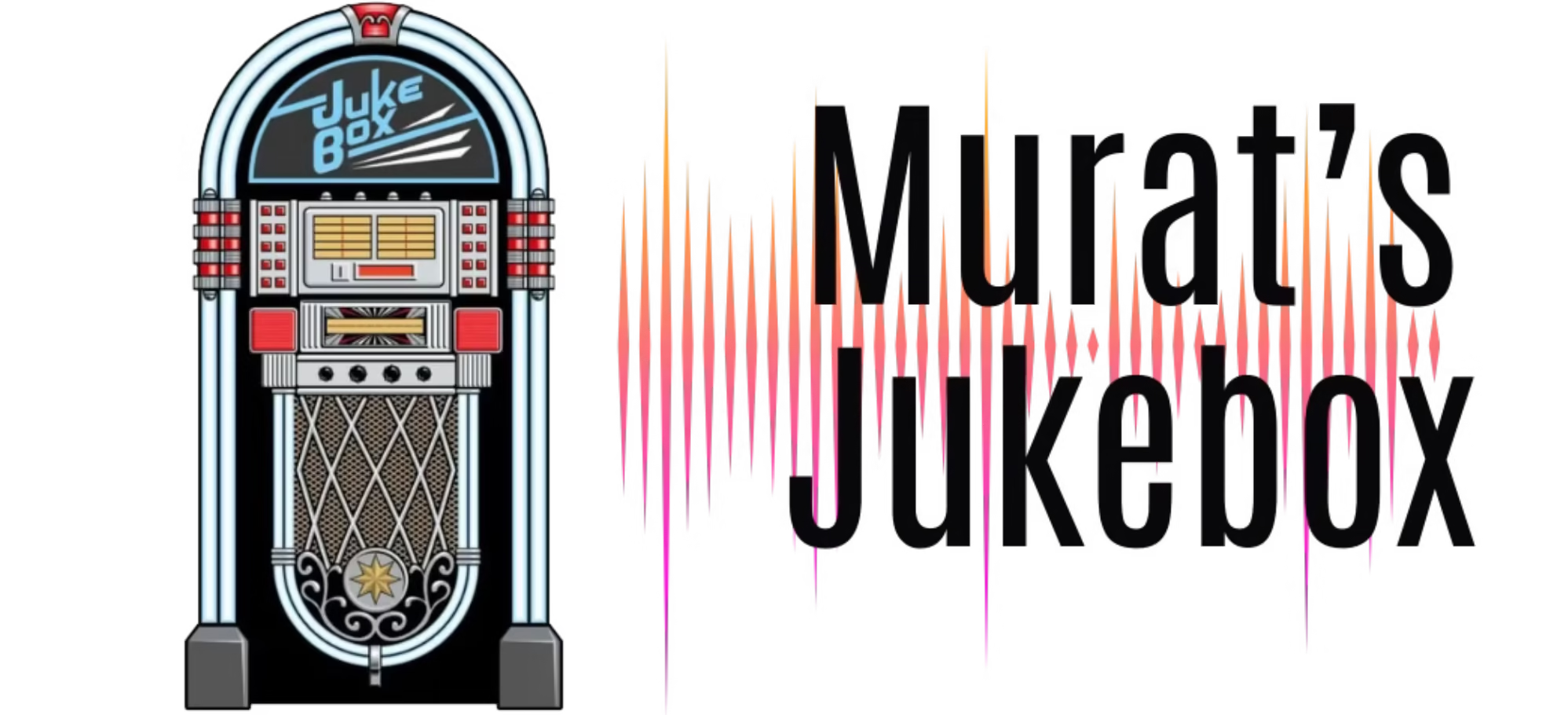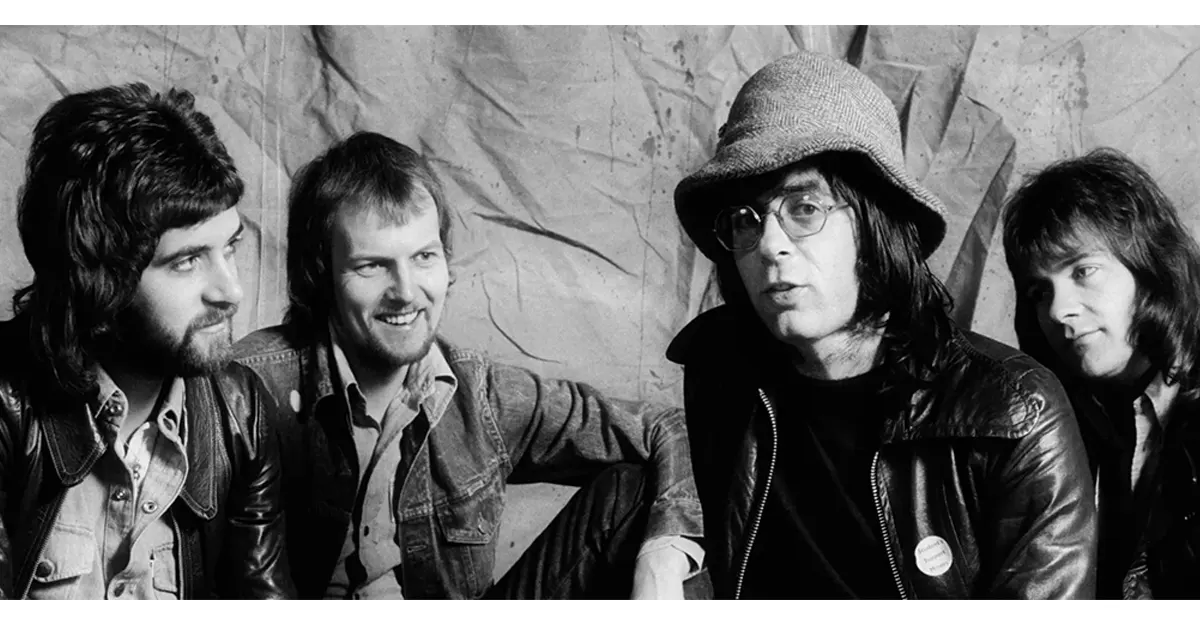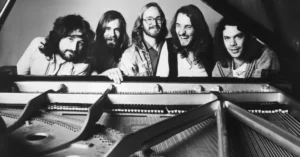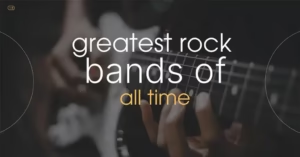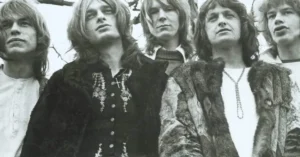Manfred Mann’s Earth Band: Fusion of Rock, Synth, and Social Commentary
Manfred Mann’s Earth Band. From Pop Stardom to Progressive Rock Evolution
Manfred Mann’s Earth Band was formed in 1971 by Manfred Mann, a South African-born keyboardist and bandleader who had already achieved pop success in the 1960s with Manfred Mann, known for hits like “Do Wah Diddy Diddy.” However, Mann grew dissatisfied with the limitations of pop and sought a more adventurous, musically expansive direction. The result was the Earth Band—a group that combined , jazz, blues, synth-driven experimentation, and sharp social and political commentary.
From its inception, Manfred Mann’s Earth Band distinguished itself by crafting elaborate, dynamic rock music that frequently reimagined songs by other artists, most notably Bruce Springsteen, giving them a darker, more cosmic or theatrical tone.

Manfred Mann’s Earth Band. Core Members and Line-Up Shifts
While Manfred Mann remained the band’s consistent creative anchor on keyboards and synthesizers, the Earth Band went through numerous lineup changes over the years. Some of the most notable members include:
- Mick Rogers – Guitar and vocals (1971–1975, returned in later years)
- Chris Slade – Drums (1971–1978), later joined AC/DC
- Colin Pattenden – Bass (1971–1977)
- Chris Thompson – Lead vocals and guitar (1976–1999, various reunions)
The chemistry between Mann’s atmospheric keyboards and the soulful, often gritty vocals of Thompson or Rogers created the Earth Band’s signature sound—moody, expansive, and technically accomplished.
Manfred Mann’s Earth Band. Signature Sound: Rock Meets Technology
What set Manfred Mann’s Earth Band apart was their heavy use of Moog synthesizers and space-age effects, which lent even their blues-based or folk-influenced material an otherworldly quality. Their arrangements often transformed modest or acoustic originals into progressive rock anthems. Mann’s classical training also brought a sense of discipline and richness to their sonic palette.
Their sound sat somewhere between the progressive textures of Pink Floyd , the earthy storytelling of Springsteen , and the theatrical drama of Genesis , but always with a distinct voice of their own.
Manfred Mann’s Earth Band. Breakthrough Albums and Notable Tracks
Solar Fire (1973)
This was the band’s first major artistic statement, a concept album inspired by astrology and the cosmos. Blending classical influences with rock dynamics, it includes a reworking of Gustav Holst’s “Jupiter” and original material like “Father of Day, Father of Night,” a reimagined Bob Dylan cover turned into an epic symphonic rock piece.
The Roaring Silence (1976)
Their commercial breakthrough, The Roaring Silence features the band’s most enduring hit:
- “Blinded by the Light” – A dramatic reinterpretation of a Bruce Springsteen song that became a global hit, reaching #1 on the Billboard Hot 100 It is famous for its synth-laden soundscape and cryptic lyrics.
- “Questions” – Another standout, it juxtaposes spiritual searching with social disillusionment.
The album marked the Earth Band’s golden era, with tighter arrangements and radio-friendly production that retained their adventurous edge.
Watch (1978)
One of their most cohesive and popular records in Europe, Watch includes:
- “Davy’s on the Road Again” – A crowd favorite with its infectious energy.
- “Mighty Quinn” – A live version of the Dylan song Mann had originally popularized with his earlier band.
Angel Station (1979)
A darker, more introspective album with sophisticated production. Tracks like “Don’t Kill It Carol” and “You Angel You” (another Dylan cover) reflect a moodier tone and increased reliance on layered synthesizers.
Manfred Mann’s Earth Band. Later Years and Continued Evolution
The 1980s and beyond saw a decline in commercial visibility but not in creativity. Albums like:
- Chance (1980) – Known for “For You” (a haunting Springsteen cover).
- Somewhere in Afrika (1983) – An ambitious, politically charged concept album addressing apartheid and cultural identity in Mann’s native South Africa. Songs like “Demolition Man” and “Redemption Song” (Bob Marley cover) were both musically and thematically powerful.
Although studio output slowed after the 1980s, the band remained active, especially in Europe, where they retained a strong fanbase. They continued to tour regularly, and Mann focused on keeping the Earth Band alive as a live powerhouse with rotating musicians.
Influence and Legacy
Manfred Mann’s Earth Band may never have received the universal acclaim of progressive rock giants like Genesis or Yes, but their contribution to genre fusion, cover reinterpretation, and social consciousness in rock music is unique.
- They elevated the art of covering songs—transforming them completely rather than simply replicating them.
- Their use of synths and keyboards in rock anticipated later trends in electronic rock and synth-pop.
- Their commitment to exploring political and existential themes gave their music a depth that kept it relevant long after the hits faded from radio.
Amy Lee of Evanescence and Steve Hogarth of Marillion have cited the Earth Band’s sound as an early influence, especially the atmospheric and cinematic qualities of their arrangements.
Selected Discography
- Manfred Mann’s Earth Band (1972)
- Solar Fire (1973)
- Nightingales & Bombers (1975)
- The Roaring Silence (1976)
- Watch (1978)
- Angel Station (1979)
- Chance (1980)
- Somewhere in Afrika (1983)
- Soft Vengeance (1996)
- 2006 (2004)
Final Thoughts
Manfred Mann’s Earth Band occupies a special place in rock history. They brought intelligence, boldness, and sophistication to mainstream rock while remaining accessible and melodic. With a visionary leader, unforgettable reinterpretations, and a willingness to experiment with both sound and message, the Earth Band continues to resonate with fans of progressive and classic rock alike.
Whether it’s the thunderous build-up of “Blinded by the Light” or the cosmic meditations of Solar Fire, their music invites listeners to think, feel, and wonder.
